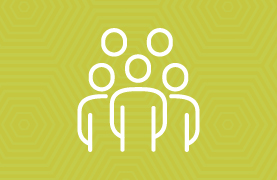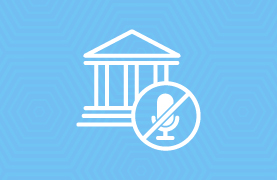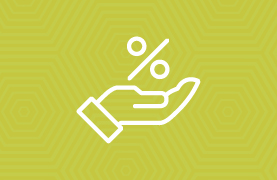Minimum Wages in Colombia: Holding the Middle with a Bite on the Poor
The series Working Papers on Economics is published by the Office for Economic Studies at the Banco de la República (Central Bank of Colombia). It contributes to the dissemination and promotion of the work by researchers from the institution. This series is indexed at Research Papers in Economics (RePEc).
On multiple occasions, these works have been the result of collaborative work with individuals from other national or international institutions. The works published are provisional, and their authors are fully responsible for the opinions expressed in them, as well as for possible mistakes. The opinions expressed herein are those of the authors and do not necessarily reflect the views of Banco de la República or its Board of Directors.
This paper exploits the long history of the minimum wage in a relatively stable developing economy like Colombia in order to see whether it may alleviate the living conditions of low income families and reduce income inequality. The paper does not only explore how the minimum wage may serve this purposes but also how it may distort market outcomes to do so. We found significant negative minimum wage effects on both the likelihood of being employed and hours worked for all family members, being it stronger for women, and the young and less educated people. We also found a positive effect on non-head participation especially in families with low human capital. But, more important, we found evidence that the minimum wage ends up being regressive, improving the living conditions of families in the middle and the upper part of the income distribution with net losses for those at the bottom.












































